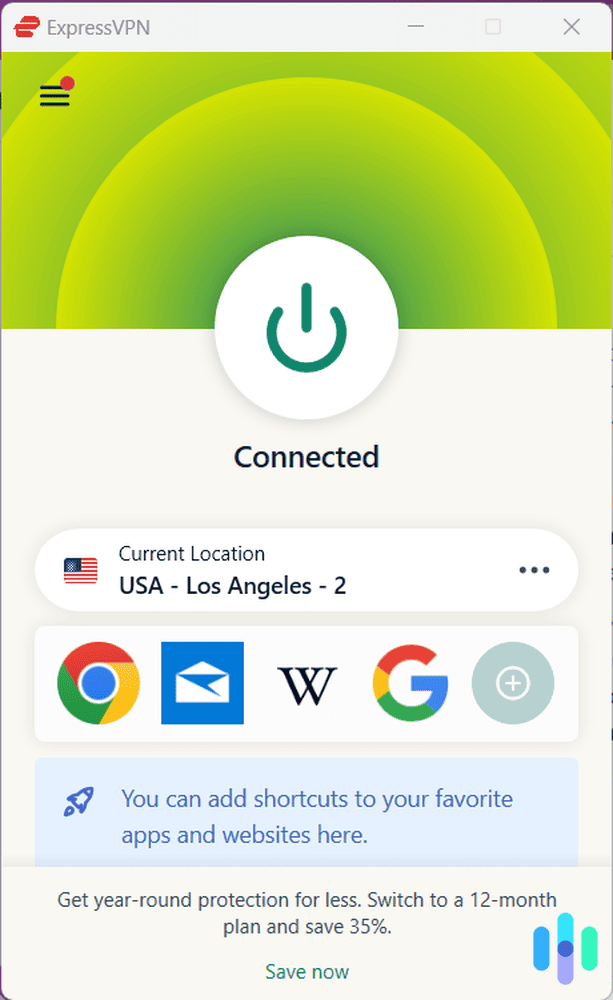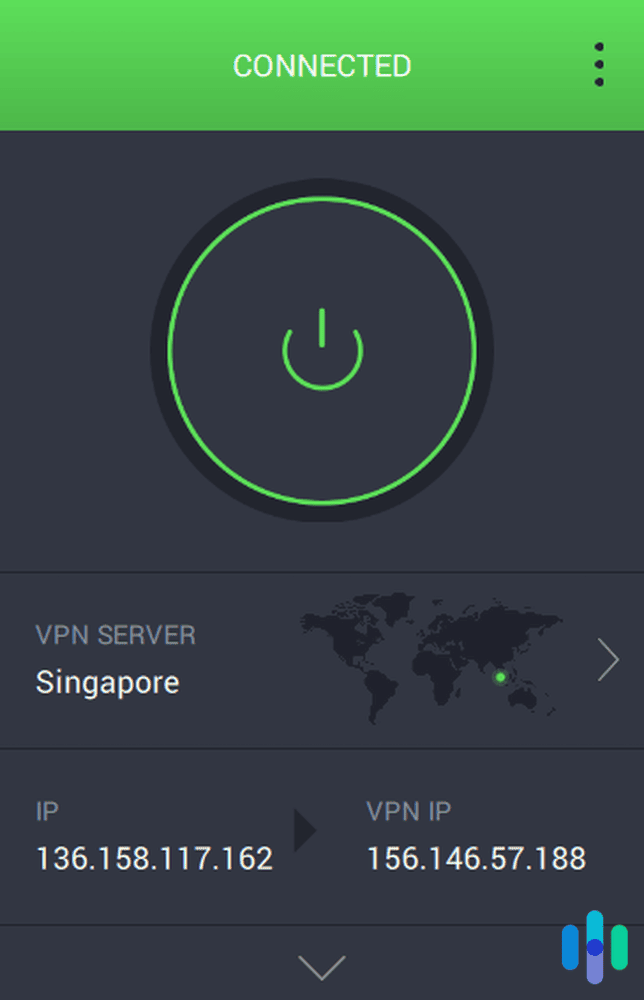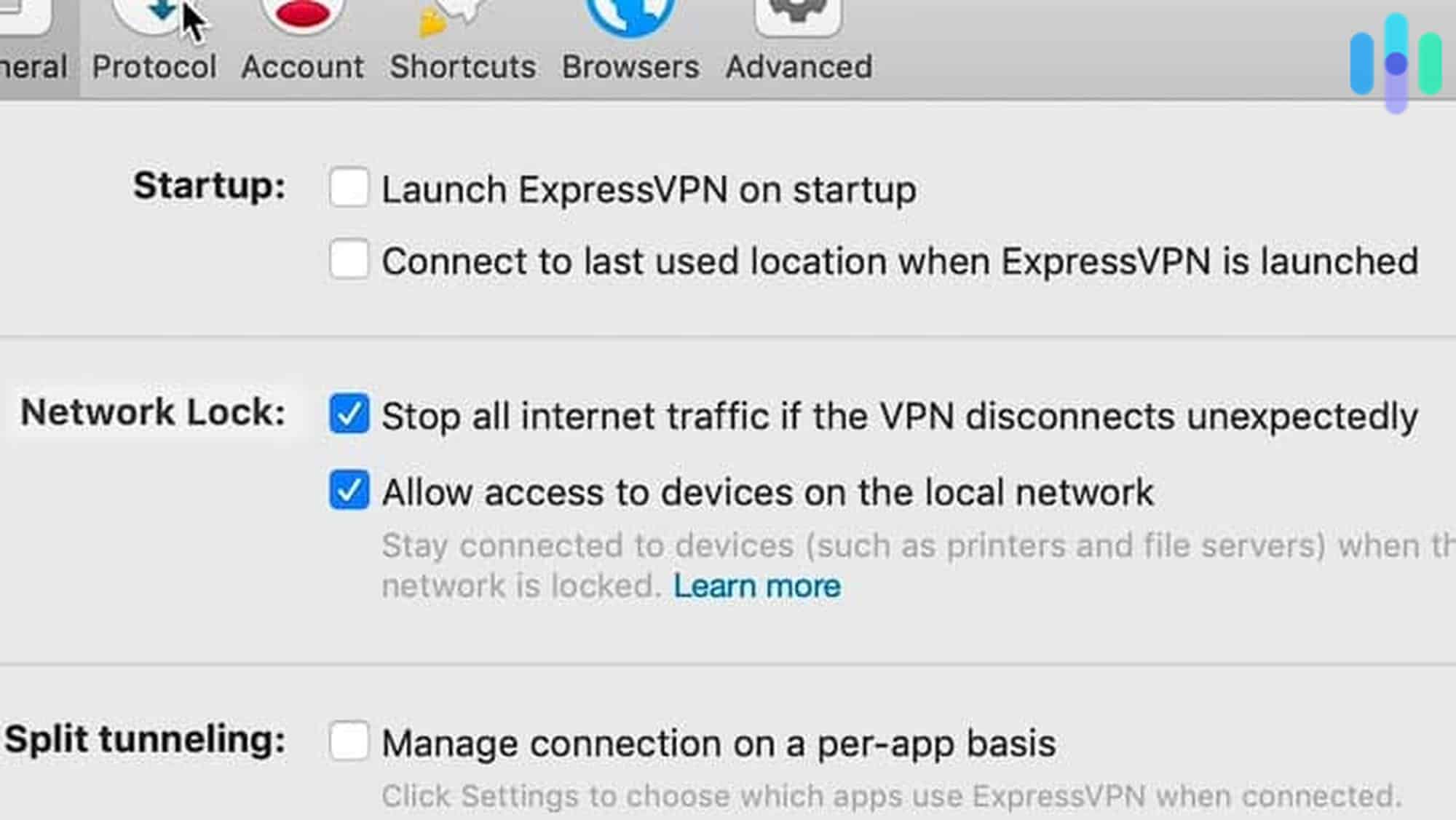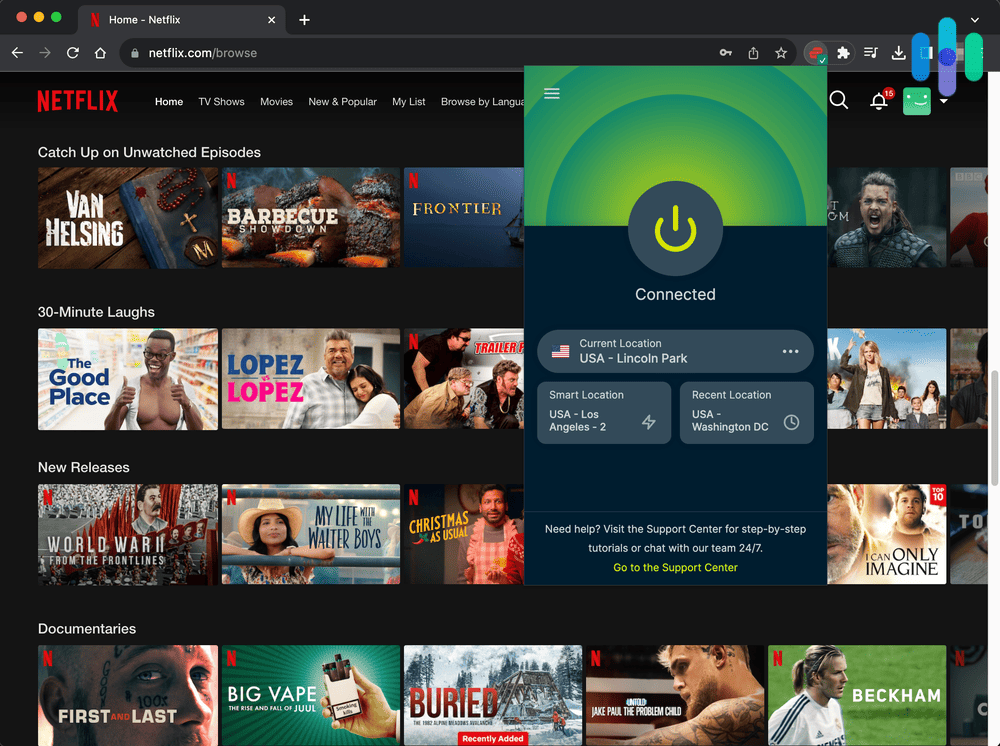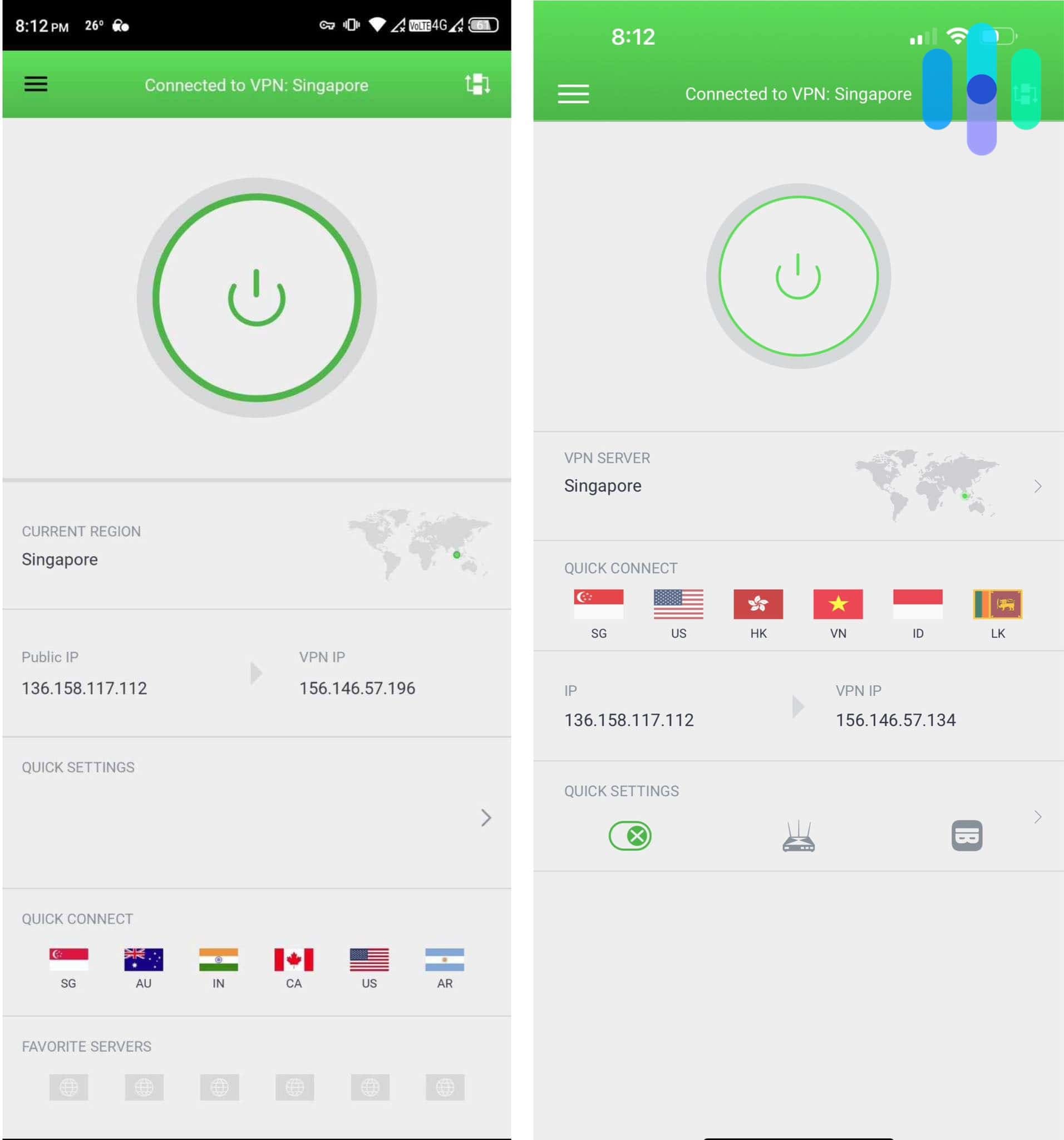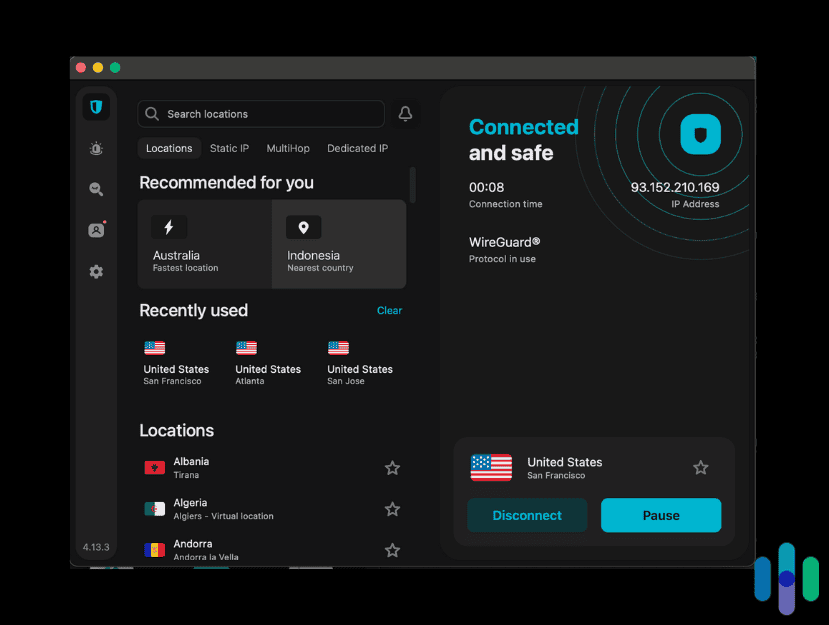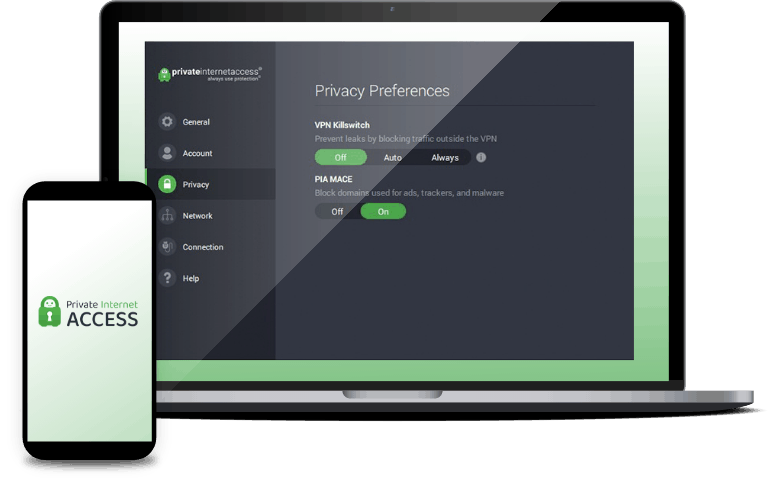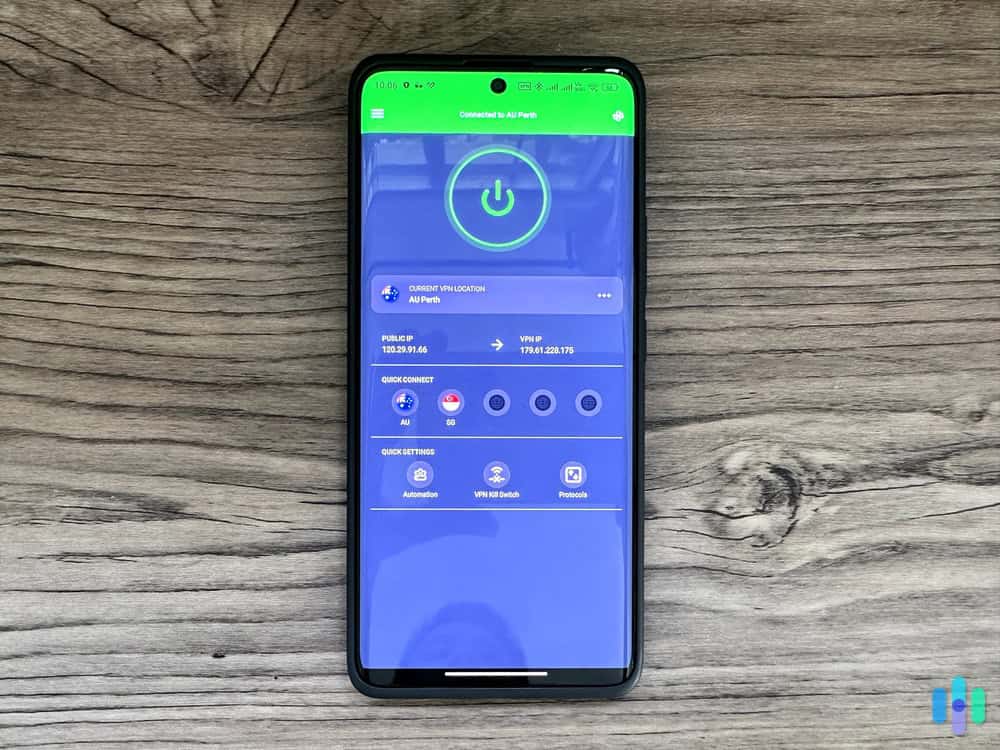Private Internet Access vs. ExpressVPN


Winner
Most Affordable

View Plans
Links to Private Internet Access
- Provides excellent torrenting support
- Has very intuitive apps that are highly customizable
- Supports unlimited simultaneous connections
Best Speed for Mac

Get ExpressVPN
Links to ExpressVPN
- Based in British Virgin Islands, so not subject to international surveillance alliances’ jurisdiction
- Over 3,000 servers in 105 countries worldwide
- Split tunneling available
Citations
-
ExpressVPN. (2020). ExpressVPN’s VPN server locations.
expressvpn.com/vpn-server -
PrivateInternetAccess. (2020). Our VPN Network.
privateinternetaccess.com/pages/network/ -
Research and Markets. (2023). Virtual Private Network (VPN) Global Market to Reach $137.7 Billion by 2030: Growing Threat of Cyberattacks and Data Breaches Spurs Adoption of VPNs.


